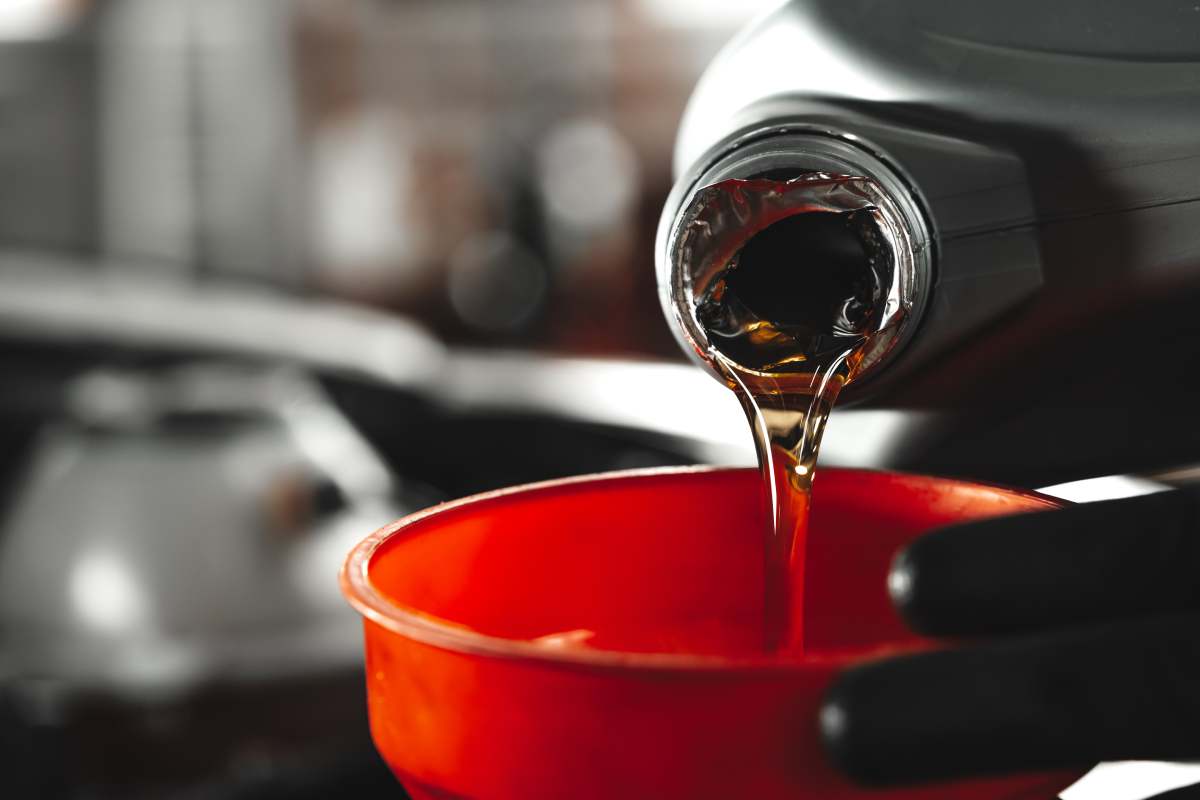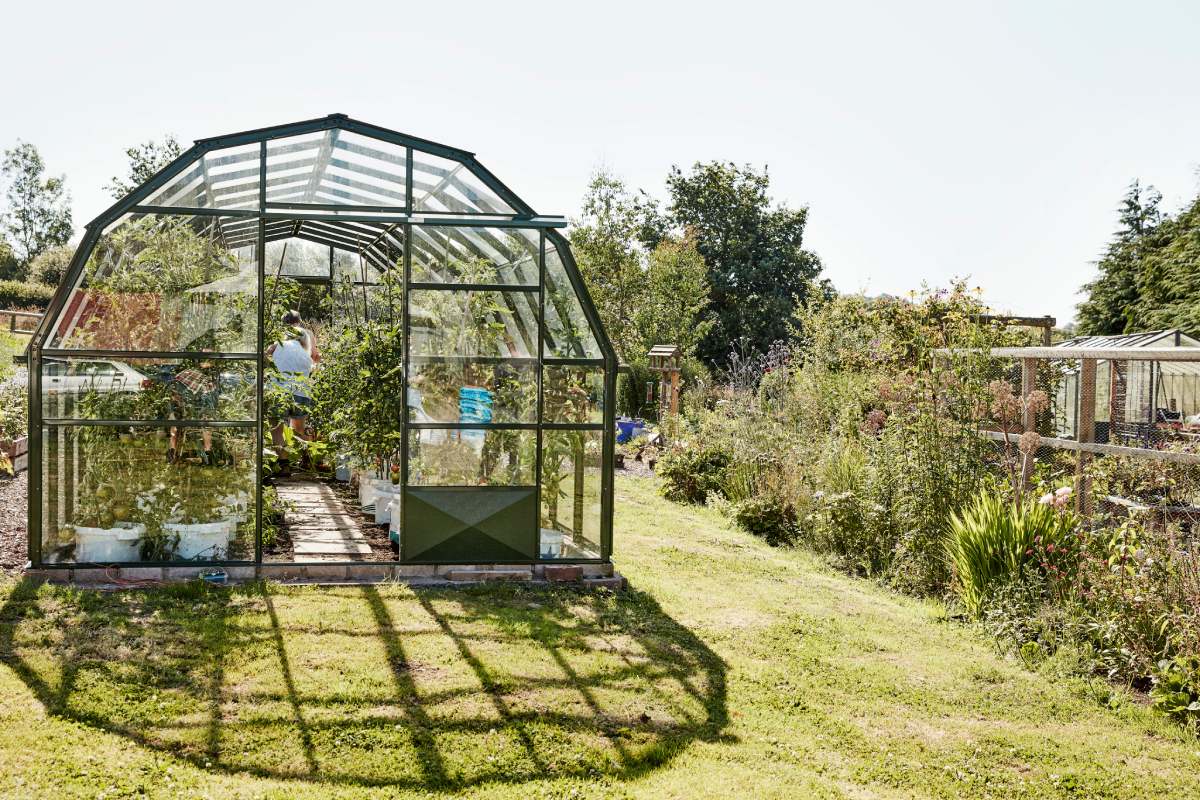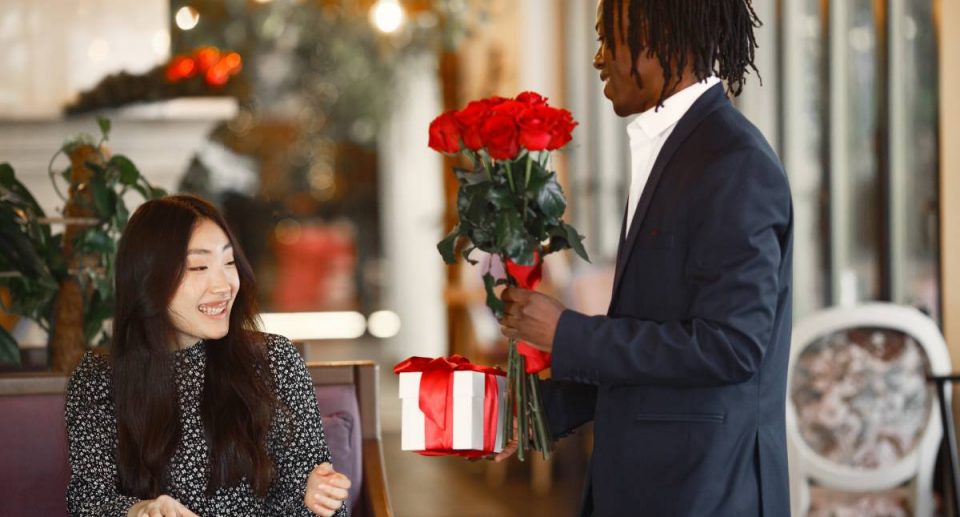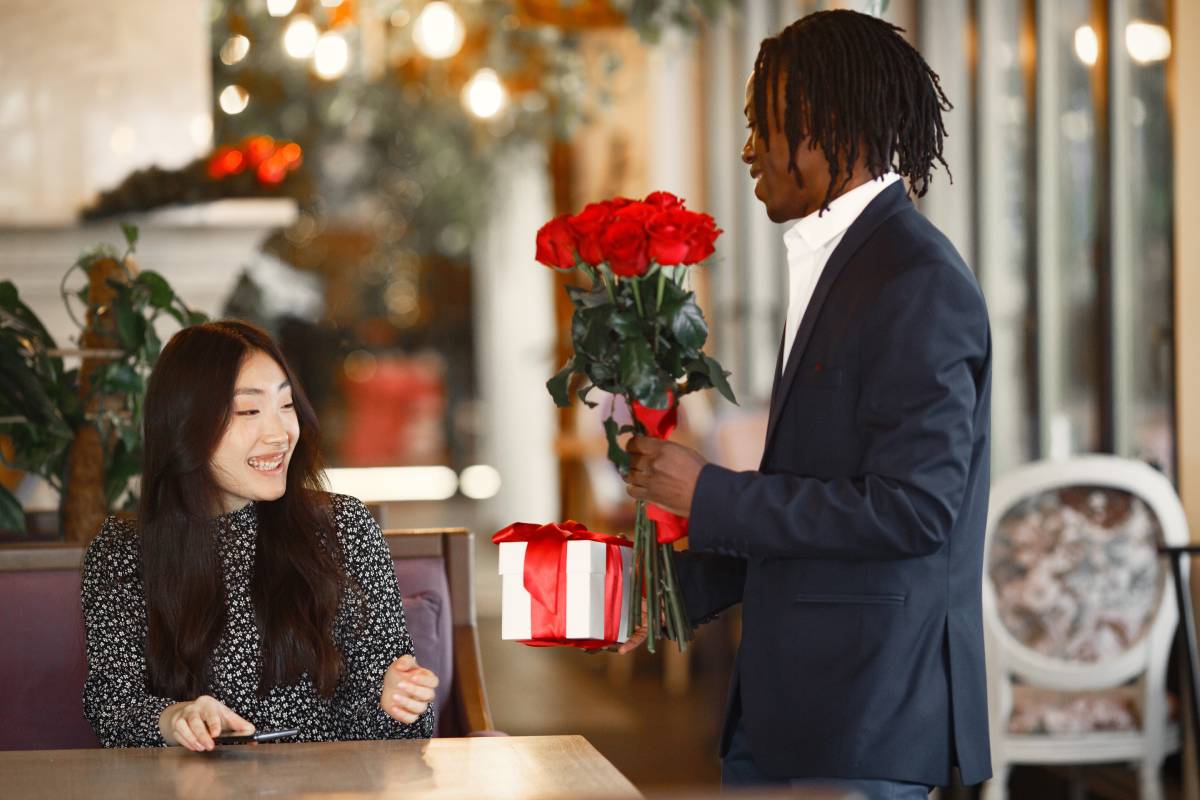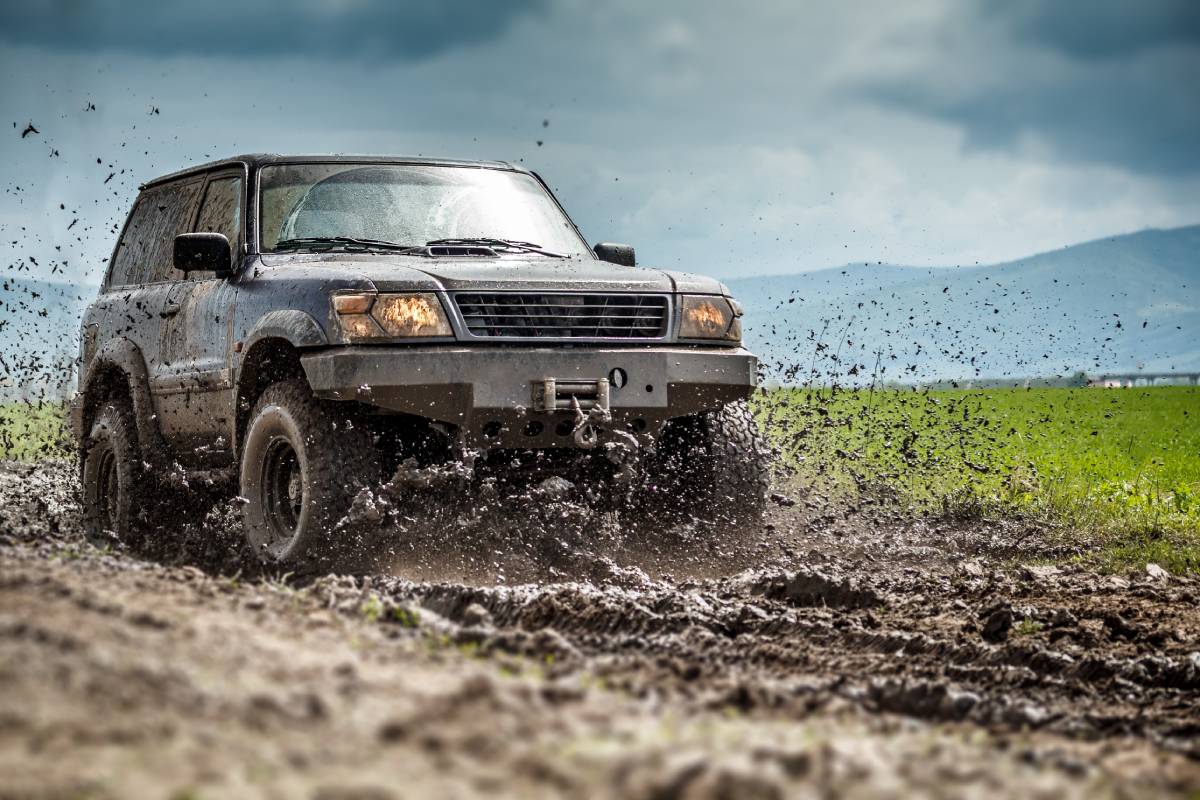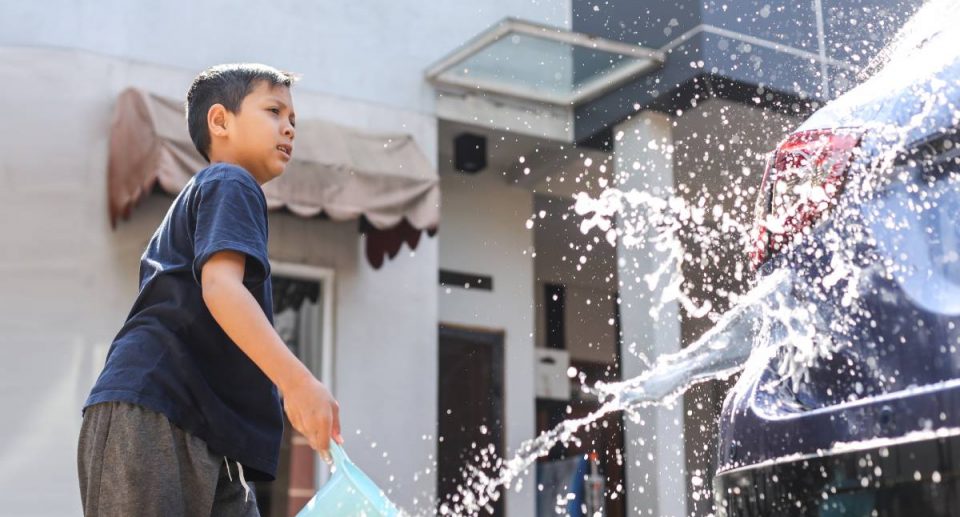
After celebrating Valentine’s Day with our loved ones, it’s time to plan a trip to Thailand to experience one of the most enjoyable festivals in the world.
April marks the hot season in Thailand, yet it’s also when tourists from around the globe flock to the country. Why? Because April hosts the renowned Songkran festival. Let’s delve into this traditional Thai celebration. If you’re up for getting soaked from head to toe by buckets of water and joining the most exhilarating water fight on the planet, then this festival is a perfect fit for you.
What is the Songkran Festival about? Why do Thai people throw water at each other?
The Songkran Festival, also known as the Thai New Year, is a vibrant and culturally significant event celebrated annually in Thailand. Lasting for several days in mid-April, Songkran marks the beginning of the traditional Thai lunar calendar year and is one of the most anticipated festivals in the country. Rooted in Buddhist and traditional Thai customs, Songkran is a time for spiritual reflection, family gatherings, and exuberant festivities.
At the heart of Songkran is the profound concept of renewal and purification. The festival’s origins can be traced back to ancient agricultural practices, where water played a crucial role in ensuring a prosperous harvest. As Thailand’s hottest month, April coincides with the dry season, making water not only a symbol of life but also a necessity for survival. Water, therefore, became deeply intertwined with the cultural and spiritual fabric of Songkran, symbolizing cleansing, renewal, and the washing away of misfortune from the old year.

The act of sprinkling or pouring water on one another during Songkran is a ritualistic practice that embodies these symbolic meanings. Originally, the water was gently poured over the hands and shoulders of elders as a gesture of respect and to seek their blessings for the new year. As the festival evolved over time, so did the ways in which water was used. What began as a solemn tradition gradually transformed into joyful water fights and spirited celebrations.
Today, Songkran is synonymous with the playful and exuberant water battles that take place on the streets of Thailand’s cities and towns. People of all ages arm themselves with water guns, buckets, and hoses, ready to engage in friendly combat with friends, family, and strangers alike. The streets come alive with laughter, music, and the sound of splashing water as revellers drench each other with gleeful abandon.
Participating in the water fights isn’t just about having fun; it’s also a way to foster a sense of community and togetherness. During Songkran, social barriers are dissolved as people from all walks of life come together to celebrate the joy of the new year. Tourists are warmly welcomed to join in the festivities, making Songkran a truly inclusive and memorable experience for everyone involved.
Beyond the water fights, Songkran is also a time for spiritual observance and cultural rituals. Many Thais visit temples to make merit, offer alms to monks, and participate in traditional ceremonies. These rituals serve as a reminder of the festival’s deeper spiritual significance and provide an opportunity for individuals to reflect on the past year and set intentions for the year ahead.
In addition to the water festivities and religious observances, Songkran is also a time for family reunions and feasting. Homes are cleaned and decorated, and elaborate meals are prepared to be shared with loved ones. It’s a time for reconnecting with family members, expressing gratitude, and strengthening bonds.
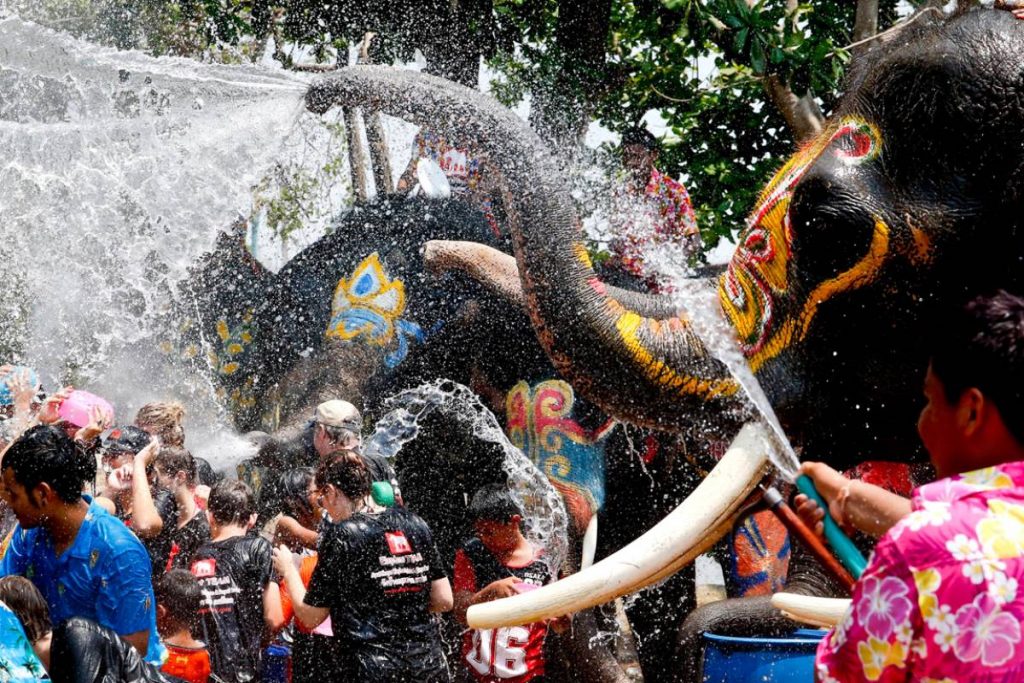
When is Songkran happening?
Songkran kicks off on April 13th and wraps up on April 15th this year. However, Thai folks often extend the celebration with extra days off for partying and visiting friends and family, especially in tourist hotspots like Phuket, Pattaya, and Chiang Mai. In some places, Songkran festivities can stretch out for a whole week.
The official start is on the 13th, but preparations begin two days earlier, with people tidying up their homes and clearing out old belongings. On April 13th, known as Maha Songkran Day, folks stock up on food and drinks for the coming days. April 14th, called Wan Nao, marks the first day of the new year in the Thai calendar. It starts with early morning visits to temples for prayers and offerings of food and clothes to Buddha statues, which are cleaned with fresh water. April 15th, Wan Thaloeng Sok or Wan Phaya Wan, is the day of the beginning of a new era.
Where’s the best place to experience Songkran?
For an immersive “water fight” experience, head to Khao San in Bangkok. Be prepared to get thoroughly soaked as water flies from all directions. If you’d rather observe than participate, Silom in Bangkok offers a prime spot. You can watch the action unfold along the 5km stretch of Silom street from the BTS bridge. But beware, nobody’s safe from getting drenched, not even bystanders on the bridges. Sometimes, firefighters even join in with their fire trucks to ensure everyone’s having a blast.
Chiang Mai is another fantastic destination, particularly around Thapae Gate, known as “The Festival Centre.” Here, you’ll find tunnels set up for water fights. Keep in mind that Chiang Mai gets crowded during Songkran, and traffic jams are common, so consider staying for a few days to fully enjoy the festivities.

How to prepare for the Songkran Festival in Thailand
Step 1 – Mark your calendar
Songkran runs from April 13th to 15th, but in Chiang Mai, festivities start a weekend earlier. Make sure to clear your schedule to enjoy the entire celebration!
Step 2 – Reserve your stay
Booking accommodations early is crucial during this busy time, especially for group trips. Secure your hotel in advance to avoid last-minute stress.
Step 3 – Dress for the occasion
Wear clothes that dry quickly, like Dri-fit, cotton, or rayon, and consider donning a swimsuit underneath. Darker colours are wise, as you’ll get soaked from head to toe!
Step 4 – Protect your belongings
Invest in a waterproof bag to keep your money and phone safe. Hone your bargaining skills to snag a good deal from street vendors.
Step 5 – Travel light
Avoid bringing valuables, as pickpockets are active. Leave your passport behind and carry a photocopy in case of emergencies.
Step 6 – Shield your eyes
Protect your eyes from water splashes with goggles or sunglasses. You’ll be a target from all angles!
Step 7 – Wear appropriate footwear
Opt for rubber sandals to prevent soggy shoes and potential foot issues from prolonged wetness.
Step 8 – Arm yourself
Purchase water guns before arriving at the festivities to ensure you’re fully equipped. Prices tend to soar on the actual festival days!
Step 9 – Embrace the soak
Prepare to get drenched, both literally and culturally. It’s all part of the fun!
Step 10 – Experience the spiritual side
After the revelry, visit a temple to pay respects and immerse yourself in the religious aspect of Songkran.
With these ten steps, you’re ready to dive into the vibrant celebration of Songkran, where water fights, street parties, and rich culture await!
Tips for enjoying the best of the Songkran Festival
Dos:
- Opt for public transportation: Some routes may be blocked, making motorbikes or cars risky due to the high number of people on the streets.
- Carry a waterproof bag: Protect your belongings from getting soaked; otherwise, your phone and wallet might end up drenched.
- Exercise caution on the streets: With large crowds and some individuals possibly intoxicated, it’s essential to stay vigilant.
- Wear appropriate footwear: Wet and slippery conditions call for suitable shoes to prevent accidents.
Don’ts:
- Avoid using ice and dirty water: Using these during the festivities is disrespectful. Also, refrain from splashing water on elders, monks, and children.
- Stay away from driving: Street closures and chaotic conditions make driving impractical for tourists during the festival.
- Don’t walk on the street if you’re not interested in joining the excitement: If you’re not keen on getting wet, it’s best to avoid the festival area to stay dry.
Songkran is a national celebration for Thai locals, but it’s open for everyone to participate. It’s a fantastic opportunity for tourists to experience the festival like a local. Don’t hesitate—book your trip to Thailand now and join in the fun!
